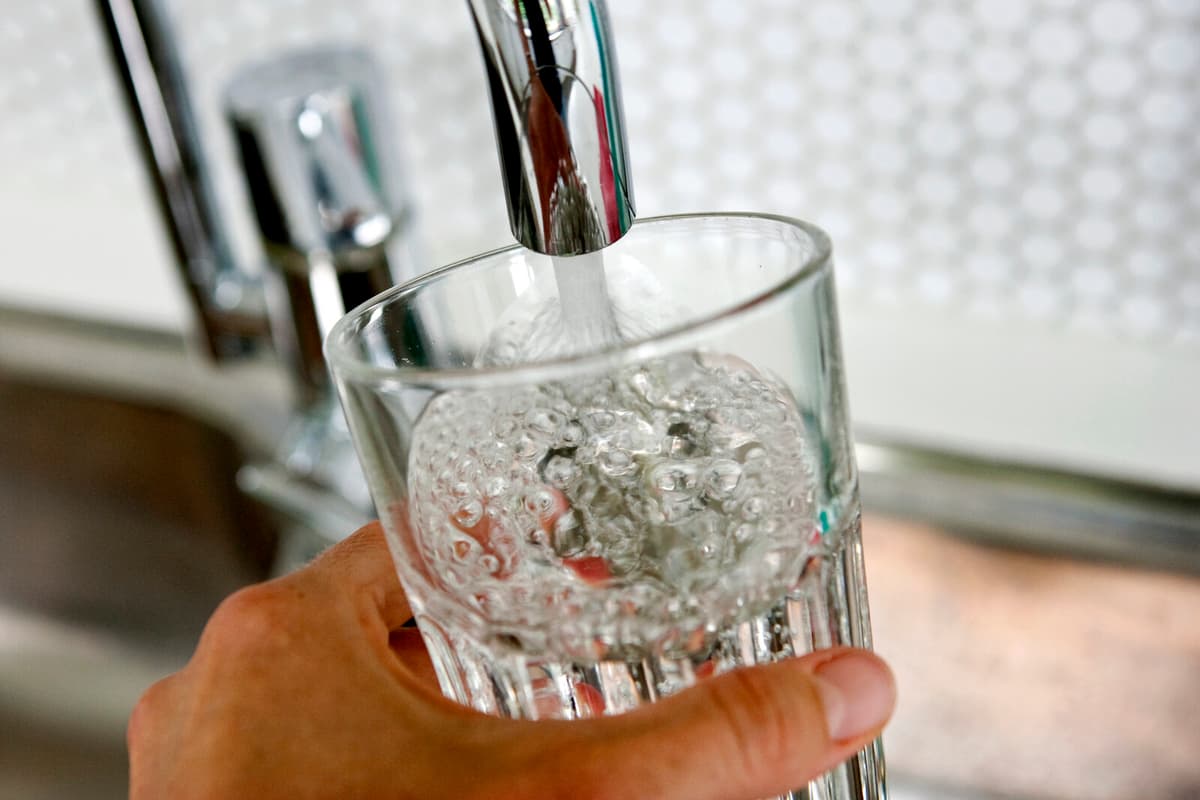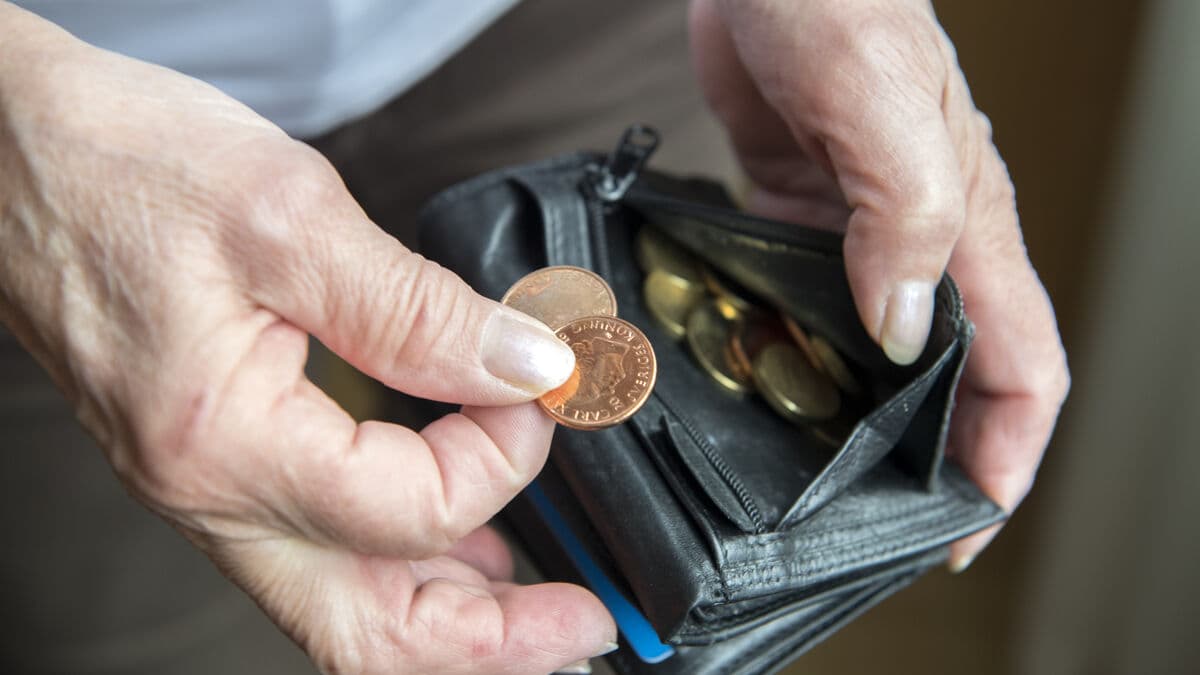There is a risk of water shortage in a total of thirteen of the country's counties, from Uppsala to Västra Götaland, Jönköping and Skåne in the south.
Plant and animal life can be affected by low levels in watercourses. When it comes to low groundwater levels, it can lead to reduced extraction capacity and lower water quality, says Anna Ebbersten, hydrologist at SMHI.
Municipalities can issue restrictions and encourage measures to save water. Therefore, you should keep an eye on the municipality's and also the county administrative board's website.
The worst is Gotland right now, they have flagged that they have an emergency situation, says Anna Ebbersten, hydrologist at SMHI.
Irrigation ban
Throughout Gotland, there has been an irrigation ban since April 15 for all connected to the region's water supply network, but everyone is urged to save.
This means that drinking water may not be used for anything other than personal hygiene, food, drink, laundry, and washing dishes. It is not allowed to water lawns with a hose, or to wash the car with a high-pressure washer.
As a private person, there are several ways to save water. It can be a good idea to reduce your water consumption in the morning and evening. Then, consumption is usually the highest, and means a greater strain on the system, says Sofia Ljungman, who is a preparedness officer at the National Food Agency.
If you are going to shower, shower for a short time. A tip can be to put a bucket in the shower, then you collect the water and can use it to flush the toilet. A lot of water is used for toilet flushing, says Ljungman.
Advertisement
Be aware
It is important to be aware of how much water you actually consume and review your habits. Many municipalities and counties have also issued tips during the spring and summer, says Ljungman.
For example, only wash the clothes you intend to use. If you can choose not to wash for a few days and use the clothes you have - that's also a water-saving tip.
Keep an eye on the municipality's website to see if there are any restrictions on drinking water. In everyday life, there are various tricks to save water:
Collect rainwater and water plants with it.
Shower or wash over the sink instead of taking a bath. Take shorter showers.
Do not let the water run while you soap up or brush your teeth.
Do not wash dishes under running water.
Do not scrub or peel root vegetables under running water.
Fill a bottle or jug with water and put it in the fridge, then you avoid flushing for a long time in the tap to get cold drinking water.
Source: National Food Agency






